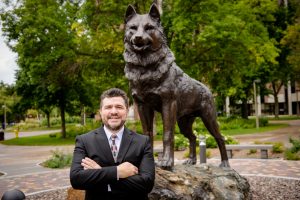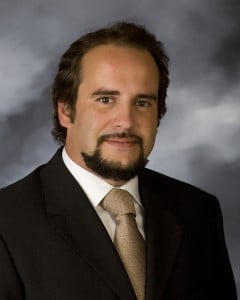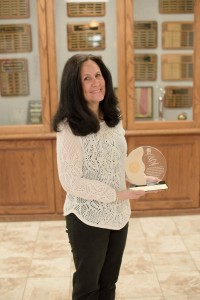The William G. Jackson Center for Teaching and Learning seeks input for its annual Distinguished Teaching Awards, which recognize outstanding contributions to the instructional mission of the University.
Based on more than 50,000 student ratings of instruction responses, ten finalists have been identified for the 2017 awards. The selection committee is soliciting comments from students, staff, faculty and alumni to aid in deliberation.
This year’s finalists are:
Associate Professor / Professor Category
- Mari Buche (SBE), associate professor
- Yu Cai (SoT), associate professor
- Mary Carol Friedrich (VPA), professor
- Ann Maclean (SFRES), professor
- Scott Miers (MEEM), associate professor
Assistant Professor / Lecturer / Professor of Practice Category
- Todd Arney (SoT), lecturer
- Sheila Milligan (SBE), senior lecturer
- Brigitte Morin (Bio Sci), lecturer
- Elizabeth Reed (Math), senior lecturer
- Jeffrey Wall (SBE), assistant professor
Comments on the nominees are due by Monday, March 20 and can be completed online.
The process for determining the Distinguished Teaching Award recipients from this list of finalists also involves the additional surveying of their spring classes. The selection committee makes the final determination of the award recipients. The 2017 Distinguished Teaching Awards will be formally announced in May.
For more information, contact Nancy Seely at 906-487-1896.
– William G. Jackson Center for Teaching and Learning, Tech Today – January 23, 2017



